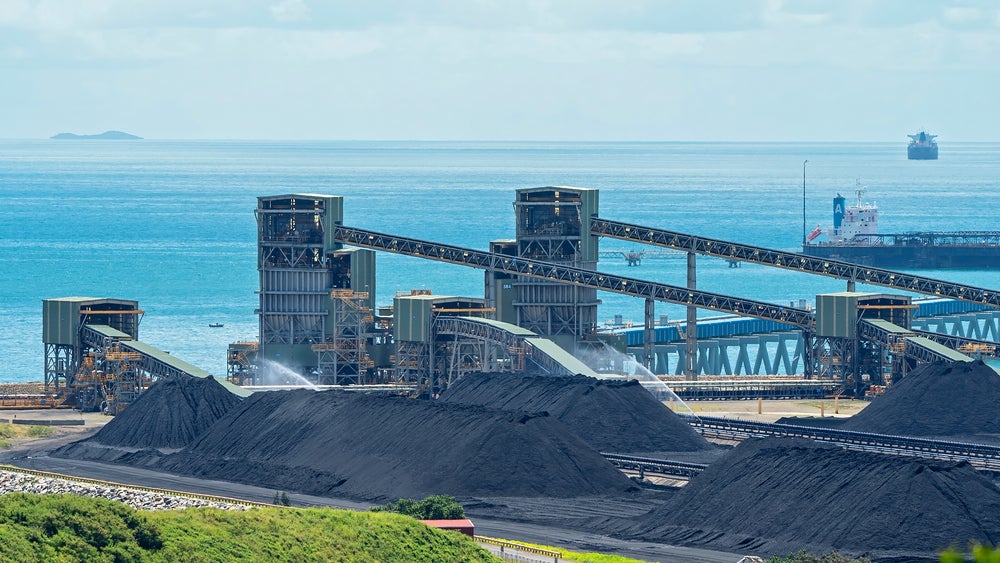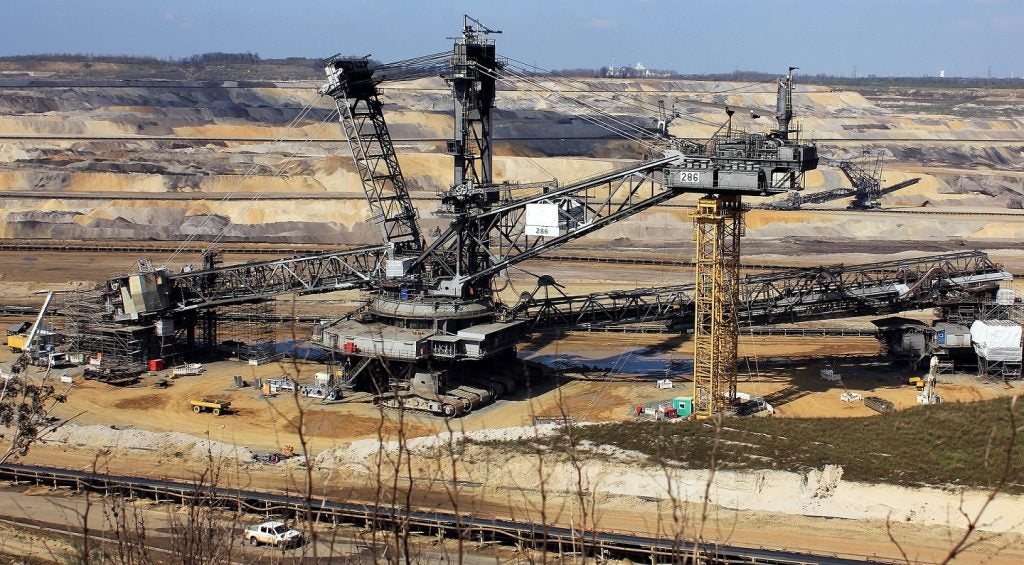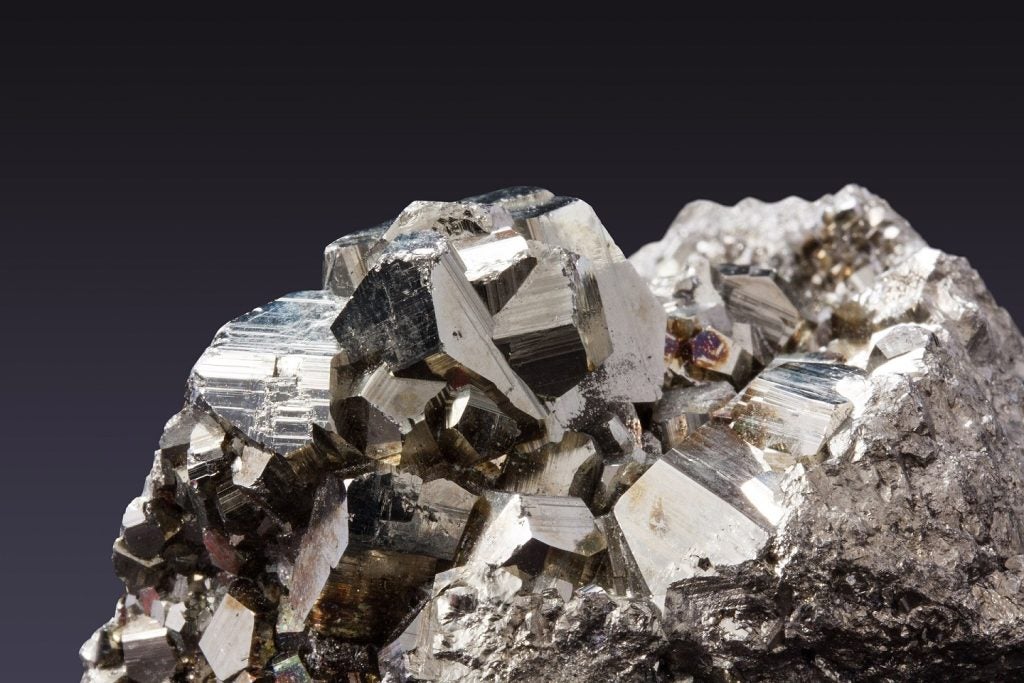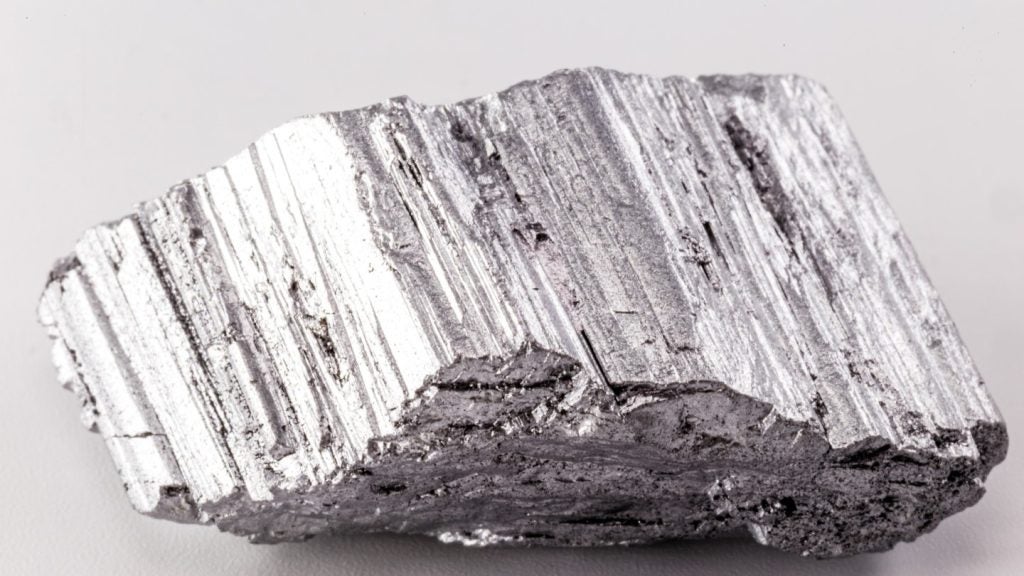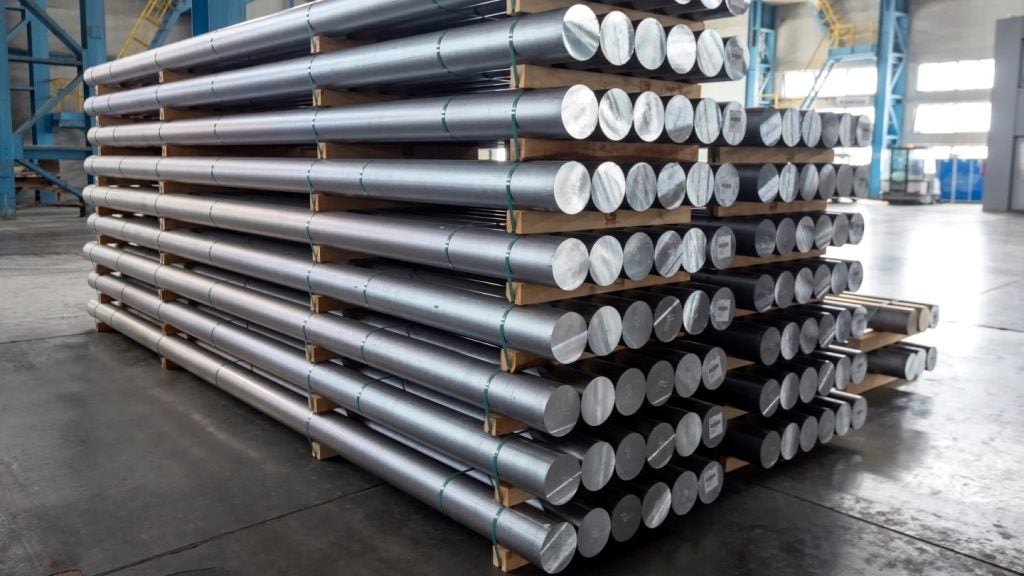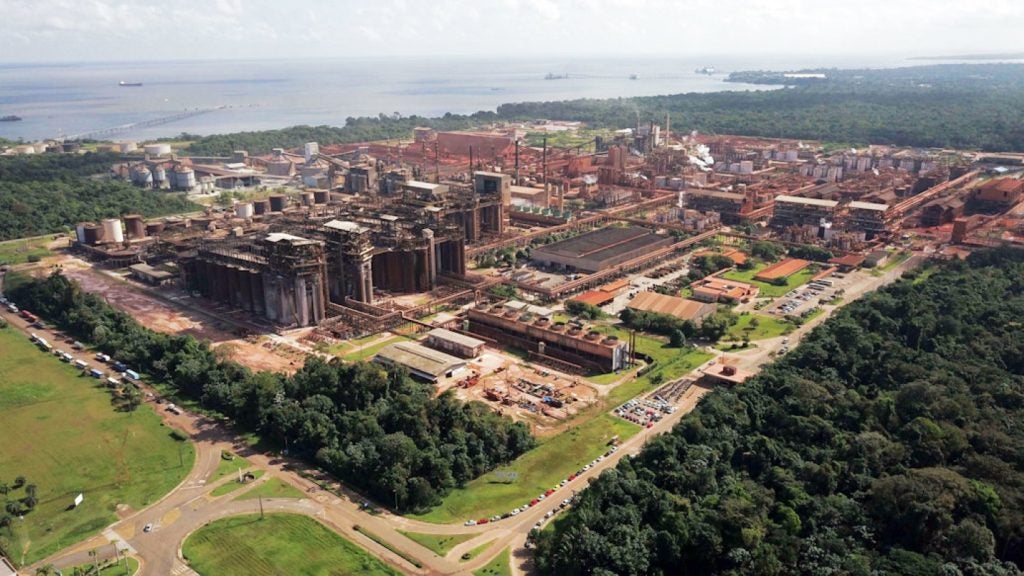The mining and energy divisions of Australia’s Construction Forestry Maritime Mining and Energy Union (CFMMEU) officially became an independent union on 1 December, as the country’s energy and mining sectors end a year that has been fraught with industrial action and friction with indigenous communities.
The Mining and Energy Union (MEU) is now a registered organisation under the Fair Work Act 2009, which sets out the rights and responsibilities of employees. The CFMMEU’s name has now changed to the Construction, Forestry and Maritime Employees Union (CFMEU).
MEU general president Tony Maher called the union’s independence a “historic day”, adding that it delivers on members’ wish to become independent.
“Today, we are a brand-new union, as well as being one of the oldest unions in Australia,” he said.
“We have been representing coal miners since the 1850s, in various forms. Today’s Mining and Energy Union builds on our proud tradition and track record, with a clear focus on meeting the current and future challenges facing workers in mines, ports and power stations.
“Our industries face constant change, but we will always stand for well-paid jobs in safe workplaces within strong communities.”
Australia’s mining and energy sectors have faced a string of strikes this year as workers call for better working conditions. In August, workers under the Collieries’ Staff and Officials Association, another trade union representing thousands of coal mining employees in the country, voted to extend strikes, already ongoing for weeks, at South32’s Appin coal mine.
In the energy sector, months-long strikes by Chevron employees working at two of the company’s liquified natural gas (LNG) plants triggered volatility in gas wholesale prices in European markets. Workers at Australian offshore operator Woodside Energy also threatened industrial action in August amid dissatisfaction with pay rates and working conditions, although successful talks managed to avoid full-blown strikes.
Woodside Energy has also clashed with indigenous activists over its seismic blasting in a sacred whale habitat. At the end of September 2023, Raelene Cooper, a traditional custodian of the Murujuga land in Western Australia, won in court against the company after a judge threw out approval for its blasting plans.


